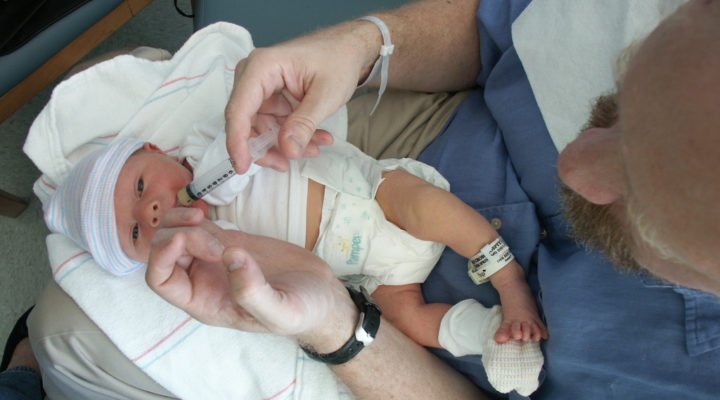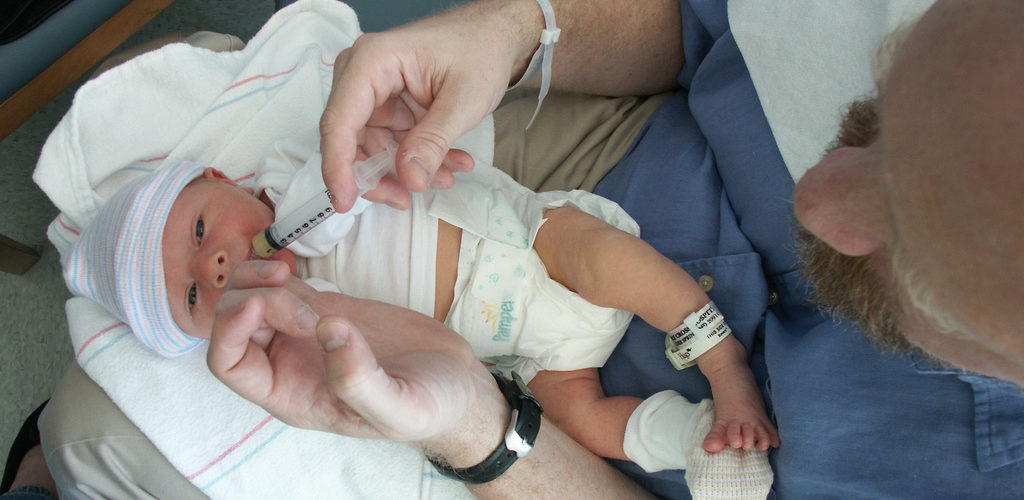Conservative Christians may not be as pro-life as they believe.
Newly published research has found that American counties with higher proportions of conservative and fundamentalist Protestants experience higher rates of infant mortality.
The study, “Religion and Infant Mortality in the United States: A Community-Level Investigation of Denominational Variations in Postneonatal Deaths,” found the inverse to be true, as well.
“Specifically, we find that counties with greater proportions of mainline Protestant and Catholic adherents exhibit significantly lower” postneonatal infant mortality rates, said the authors of the study, which was published online in May by the Journal for the Scientific Study of Religion.
The bottom line is that faith is a factor in prenatal and postnatal health.
“We find that while overall rates of postneonatal deaths have decreased over time, the effects of religion on this outcome have become more pronounced,” according to the report.
The study builds on earlier research suggesting that Catholicism and mainline Protestantism are more civic-minded and therefore more focused on the wellbeing of their neighbors, including through health care, according to Ginny Garcia-Alexander, a sociology professor at Portland State University and one of the article’s authors.
“Both of those have more of a commitment to worldly pursuits,” Garcia-Alexander said in a university news release. “There is a concerted effort to make inroads with the community that they live in and to do good for the community, both for members and nonmembers alike.”
Conversely, conservative and especially fundamentalist Christians tend to reject science and education as worldly and as a result “may create social environments in which prenatal care or other health-related resources are more restricted in terms of supply (availability) or demand (patient utilization),” according to the study.
Another factor is that conservative and fundamentalist Christians often encourage marriage at earlier ages and discourage the use of contraceptives, the report said.
The study also suggested links exist between fundamentalism and other health problems suffered by infants as they get older.
To counter the trends documented in the study, its authors suggest congregations provide prenatal and neonatal health ministries for their members and communities.
Even the most conservative churches should be pressed to consider the positive benefits of such programs in caring for the unborn, newborns and their mothers, the report said.
“This is continuing to show us that there are things that we can do in our communities to improve health outcomes,” Garcia-Alexander said. “And to the extent that people who belong to religious organizations are aware of that, knowing that you are a communicator of health information, that can be a really valuable way to harness the power of the group and the community to communicate helpful practices for infant health and public health interventions.”


